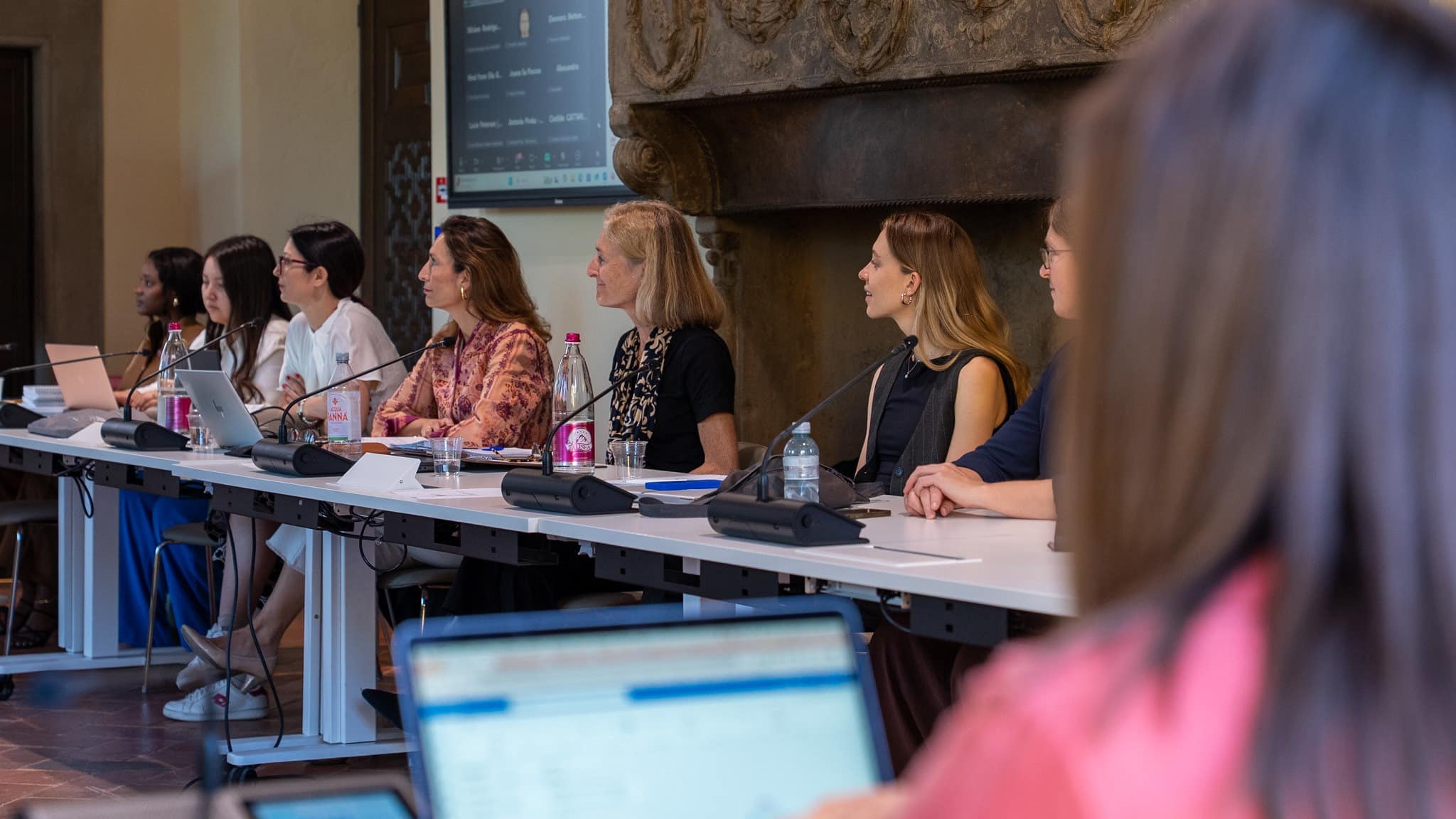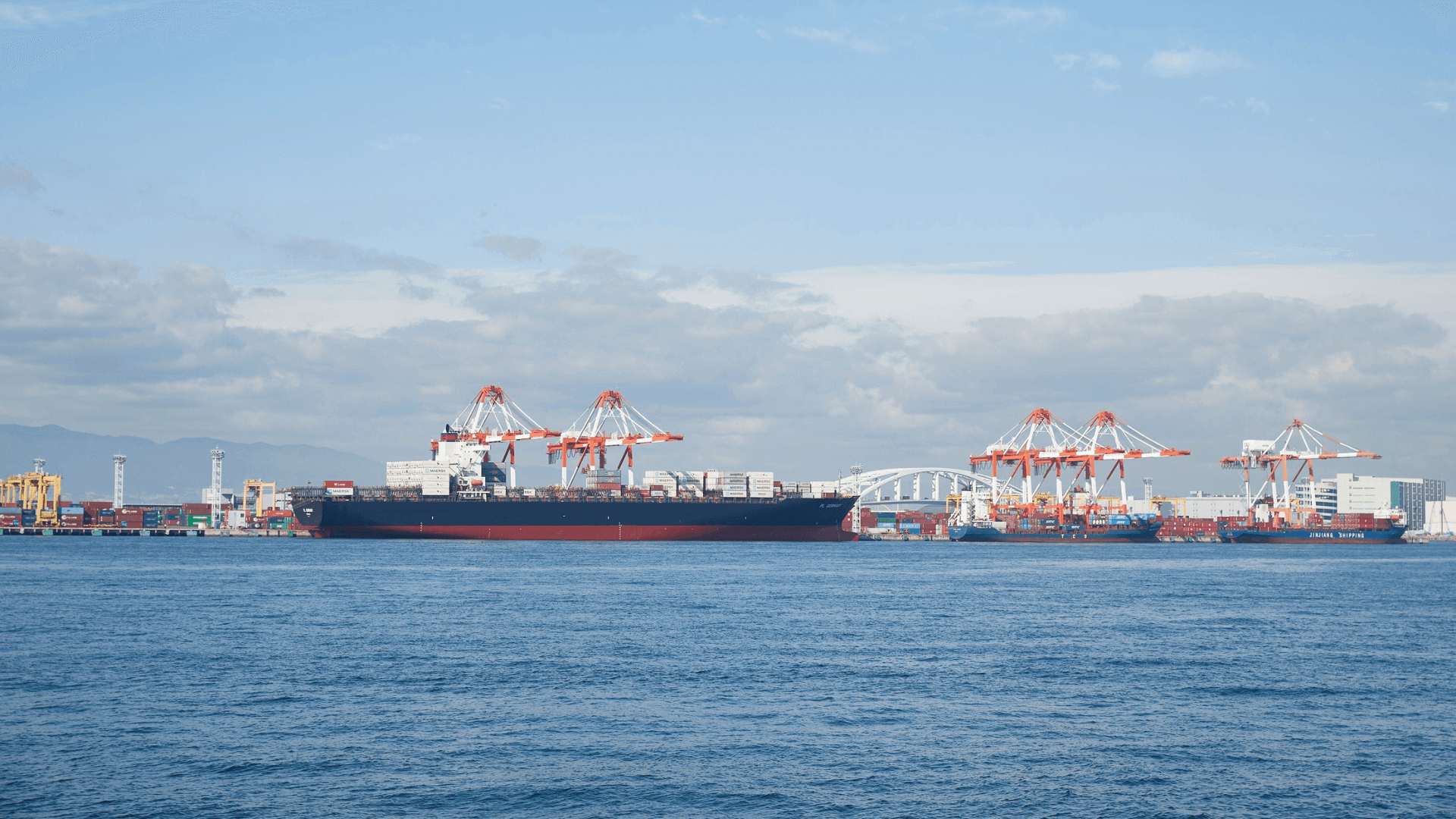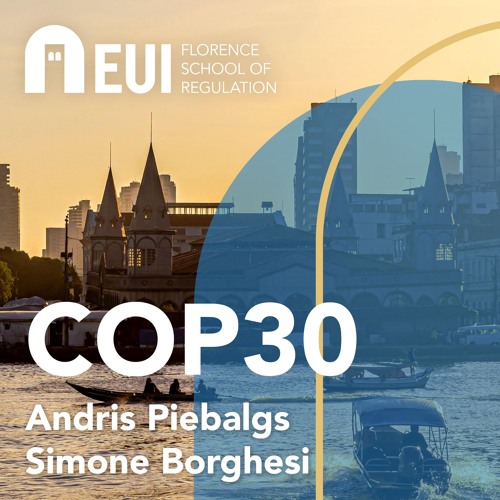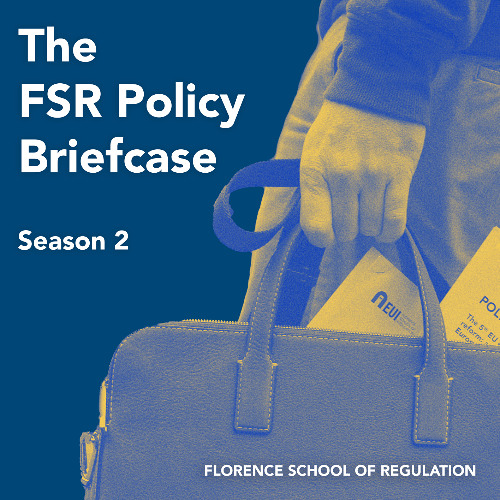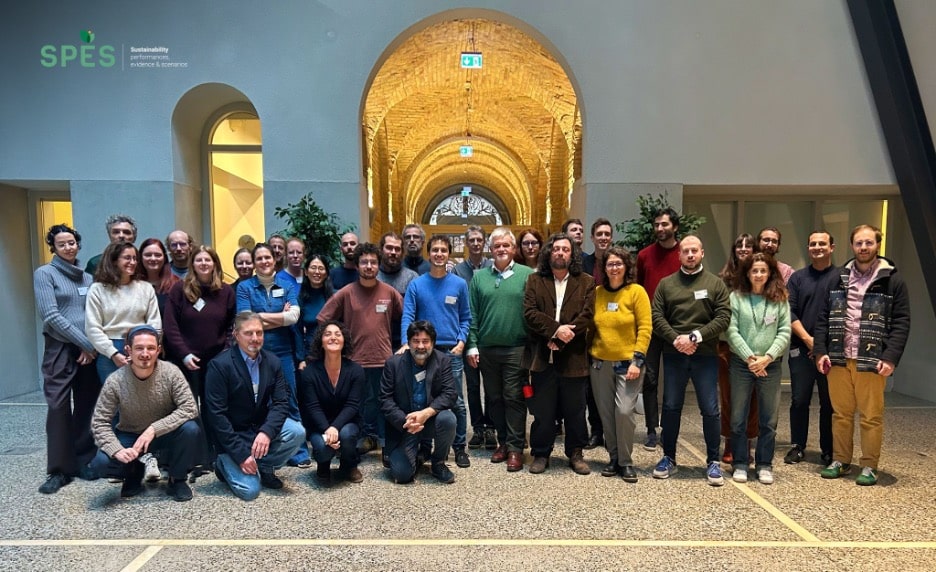4th Conference on the Regulation of Infrastructures: Regulating network industries in emerging countries
The 4th Conference on the Regulation of Infrastructures brings together all research areas of the Florence School of Regulation to discuss current challenges in the regulation of the Infrastructure Industries.
Continuing the successful format, the 4th Conference on the Regulation of Infrastructures will take place on Friday, 12th June and bring together all research areas of the Florence School of Regulation to discuss current challenges in the regulation of the Infrastructure Industries.
The de- and re-regulation of the different network industries is an ongoing process at the global level. As this process unfolds, ever new phenomena emerge, which generally call for more, rather than less regulatory intervention. Yet, the question about the right mixture between market, economic, technical and social regulation remains wide open in all the network industries.
The question becomes even more challenging when looking at infrastructure development in different regions as, at least in some of the network industries, the gap between regulatory assets in different countries is very wide. Most of the European countries have a long lasting story of national regulation and have then started to put considerable effort in harmonising their regulation at the EU level. Outside the EU, regulation of network industries has followed its own path, according to the necessities of the country or the macro-region. Despite the different stages of network industries regulation, mutual learning processes might be possible and actually welcome, in the light of an ever more connected world.
This 4th Florence Conference on the Regulation of Infrastructures aims at taking stock of the major challenges infrastructure regulation is currently facing, paying attention to the mutual understanding effort that the regulators have to undertake. It does so by:
- looking at the main infrastructure sectors, notably telecommunications, postal services, electricity, gas, railways, air transport, urban public transport, as well as water distribution and sanitation; intermodal approaches in infrastructure regulation (e.g., rail and air, road and rail, electricity and gas, post and telecommunications) are particularly encouraged;
- looking at infrastructure regulation from various disciplinary approaches, notably engineering, economics, law and political science; interdisciplinary approaches are particularly encouraged;
- linking an academic approach to practical relevance; policy relevant research papers are again particularly encouraged.
We especially welcomed papers that link technology and institutions in developing and emerging countries. Outstanding papers will have the chance to be published in one of the FSR series. Furthermore, the best paper will be submitted for streamlined publication in a special issue of the Utilities Policy Journal.
Unique Conference Format
Building on the successfull experience of the third edition, the format of the Florence Conference on the Regulation of Infrastructures is unique:
-
each presenter has 45’, which includes 20’ of presentation, 10’ of qualified feedback and 15’ of discussion with the audience (there are only 2 papers per session, guaranteeing high quality);
-
feedback will be given by senior professors associated with the Florence School of Regulation, who are specifically knowledgeable about the topic at hand;
-
papers which will be retained for publication will receive additional feedback beyond the conference
Interested academics – advanced PhD students, PostDocs and Assistant Professors – along with academically minded practitioners are particularly encouraged to participate and discuss the presentations.
Scientific Committee
- Prof. Matthias Finger (EPFL and EUI, Director of the Transport Area of FSR)
- Prof. Jean-Michel Glachant (Director of the Energy Area of FSR)
- Prof. Leigh Hancher (Director of the EU Energy Law & Policy Area)
- Prof. Xavier Labandeira (Director of the Climate Policy Research Unit of FSR)
- Prof. Pier Luigi Parcu (Director of the Communications and Media Area of FSR)
- Prof. Ignacio Pérez Arriaga (MIT, Comillas and EUI, Director of the Energy Training of FSR)
- Prof. Stéphane Saussier (IAE de Paris and FSR, Director of the Water Area of FSR)
Organised with
![]()
DOWNLOAD
Dedicated issue of the Network Industries Quarterly
RELATED PRESENTATIONS
FINGER, Matthias – Presentation of the 4th Conference on the Regulation of Infrastructures
* best paper award: AHMED EZZAT Riham; CAMBINI Carlo; STAROPOLI Carine – Do regulatory reform dynamics matter for telecom sector performance. Evidence from MENA countries
BENEDETTO Valerio; NASH Chris; SMITH Andrew – Rail regulation in Europe – an industry-based survey
BENLI Erman; OGUZ Fuat – Fixed-Mobile Substitution in Telecommunications – A Comparative Analysis of the Recent Turkish Experience
* best paper award: BHARATKUMAR Ash; JENKINS Jesse; BURGER Scott; PEREZ-ARRIAGA Ignacio – Redesigning the Regulation of Electricity Distribution Under High Penetration of Distributed Energy Resources
LOPES GONCALVES Edson Daniel; PINHEIRO SAMPAIO Patricia Regina; CAMPANHER DUTRA Joisa; TCHEPURNAYA DAYCHOUM Mariam – Regulatory reform in the Brazilian railway sector and its potential effects
JAAG Christian; PARRA MOYANO José; TRINKNER Urs – Postal Strategies in a Digital Age
KNIEPS Guenter – The evolution of smart grids and the increasing need for disaggregated nodal pricing
MAYOL Alexandre; PORCHER Simon – An empirical study of French water distribution. performance and efficiency measures
MELETIOU Alexis; CAMBINI Carlo; BOMPARD Ettore; MASERA Marcelo – Regulatory reforms for incentivizing the investments in innovative Smart Grid projects in Europe
MONIOS Jason; BERGQVIST Rickards – Developing a Framework for Standardising and Harmonising Intermodal Terminal Concession Contracts
PARCU Pier Luigi; STASI Maria Luisa – The Role of Non-State actors in the Regulatory Reforms Outside the EU
PIECHUCKA Joanna – Regulatory contracts and cost efficiency. The French urban public transport case
REIS Ricardo; MIRANDA SARMENTO Joaquim; Goncalo Ribeiro J. – An assessment of water utilities efficiency using the Portuguese case
TOMAIN Joseph – The Democratization of Energy
Don’t miss any update on our events
Sign up for free and access the latest events from our community.



